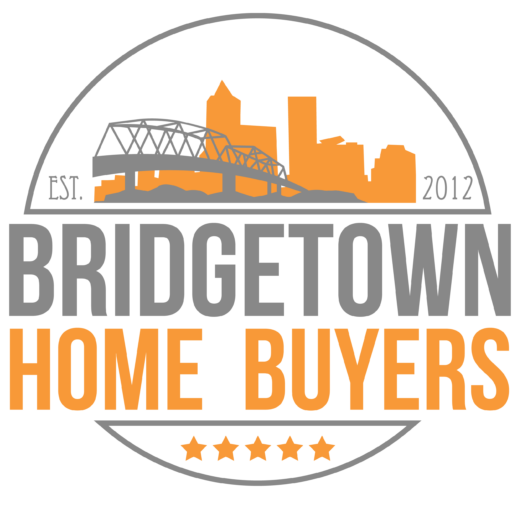When selling your home in Beaverton, you will obviously want to get a great price for it. However you don’t want to price too high, and scare off potential buyers, nor do you want to price too low, losing out on thousands of dollars.
There are proven methods and strategies we would like to share in this article. Keep reading to learn how to set your asking price.
Know Your Market
 Do some research and find out what comparable homes are selling for in your area. Take a look at seasonal trends, and if you have the time, list your house at a time of year when prices are typically higher. Look up homes that are actively listed on the MLS, Zillow and for sale by owner sites.
Do some research and find out what comparable homes are selling for in your area. Take a look at seasonal trends, and if you have the time, list your house at a time of year when prices are typically higher. Look up homes that are actively listed on the MLS, Zillow and for sale by owner sites.
Take note of how long the properties have been listed.
If a home has been on the market for awhile, it is likely priced too high. Think about supply and demand, if there are many homes on the market, buyers will be at an advantage.
In addition, you can ask a couple of realtors for a more detailed CMA. (Comparative Market Analysis.) Many realtors will offer this free of charge, as a marketing technique. Requesting a CMA should not put you under any obligation to the realtor. Who knows, they might even have a buyer for you.
Be Realistic
You might have a price in your head of what you want to get for the home, but make sure this price is realistic. Buyers are savvy, and depending on your market, they may have a number of options.
They want to get a good deal and find a value just as much as you want to get a good price for your house. The trick is to find that sweet spot. You don’t want to price your home too high and have to make multiple cuts to the price.
These price drops will show on the MLS, and repetitive price changes can make you look desperate or indicate that something may be wrong with the house. A good rule of thumb is to allow for only one price drop if absolutely necessary.
To make sure your asking price is based in reality, it might be beneficial to have a professional appraisal done.
Ask Opinions
In addition to asking realtors for a detailed CMA, you can also ask friends, neighbors, and family. Ask for their opinion and see what they would pay for a home like yours.
Getting multiple opinions from a variety of people can help you find a middle ground as well as help you find additional selling points you may have overlooked.
There Can Be More To It Than Just The Final Sale Price
Maybe you can offer a lower price for the home, however, the buyer has to pay the closing costs. Or maybe you can get your asking price, so long as the furniture comes with the house.
You do have some bargaining power when finding the sweet, sale price for your home. With some clever strategy, you will be able to find a price that works for all parties.

